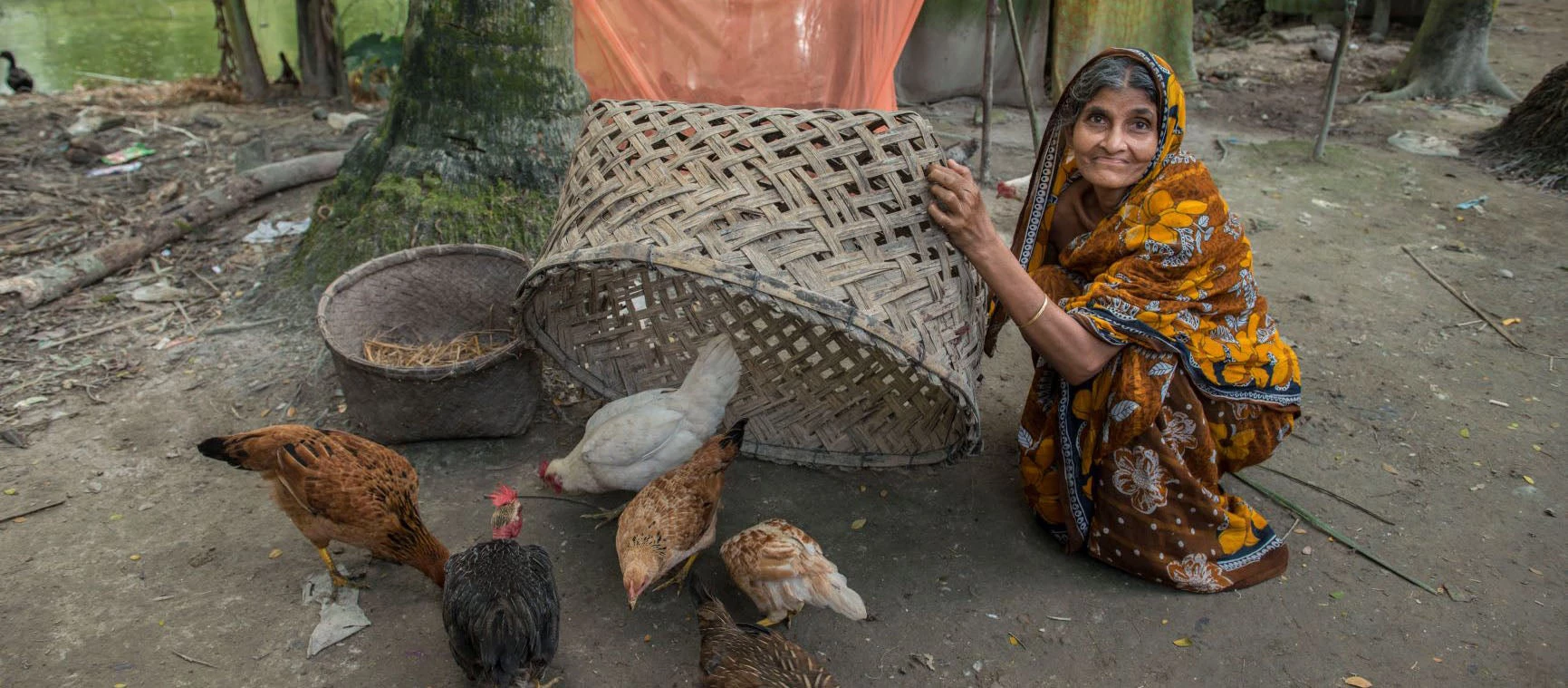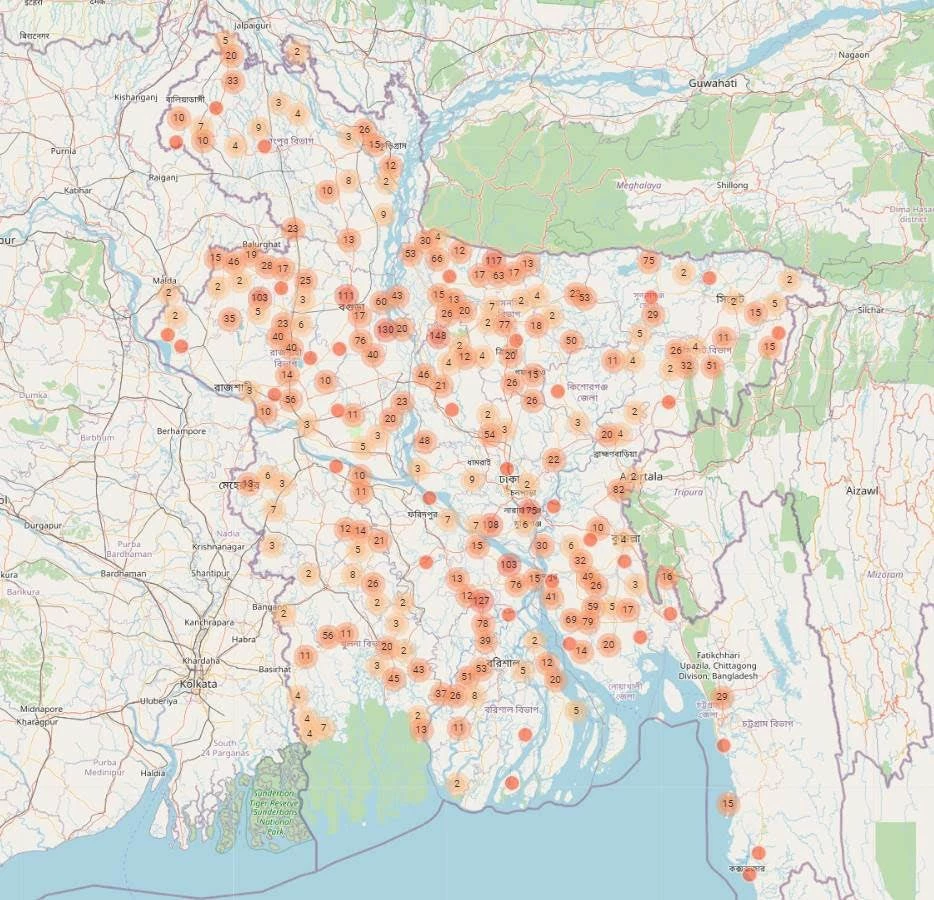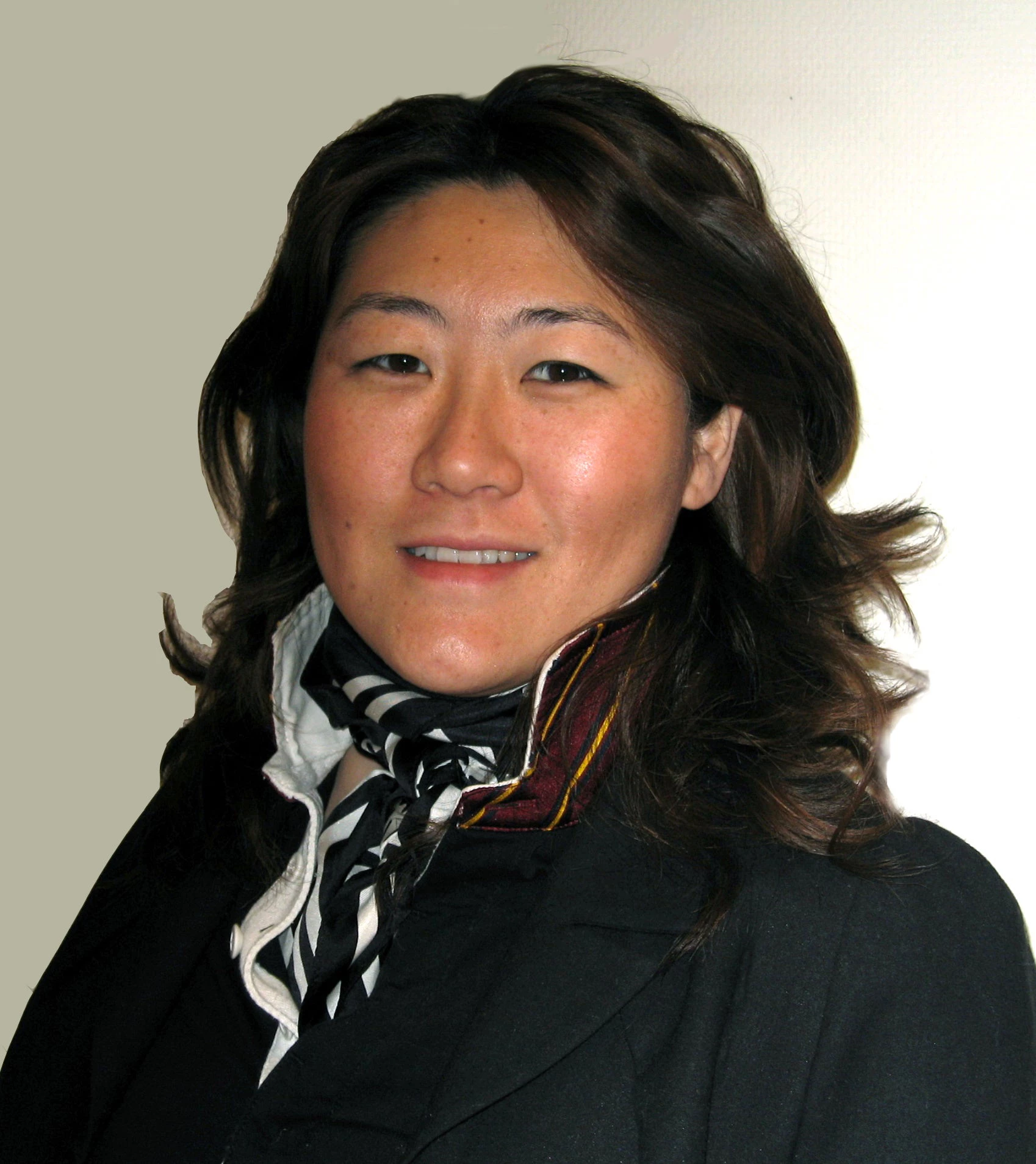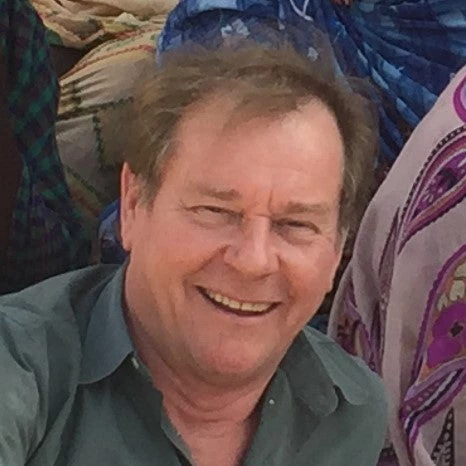 With the help of technology and World Bank support, the Bangladesh government was able to immediately give out emergency cash transfers to 400,000 vulnerable farmers during the pandemic. Photo: World Bank
With the help of technology and World Bank support, the Bangladesh government was able to immediately give out emergency cash transfers to 400,000 vulnerable farmers during the pandemic. Photo: World Bank
In the wake of the COVID-19 pandemic, the World Bank supported the Government of Bangladesh to activate emergency cash transfer schemes for vulnerable smallholder dairy, poultry and aquaculture farmers to safeguard their livestock and fish assets. Production of eggs, poultry meat, dairy products and farmed fish have been particularly affected by marketing disruption during lockdown and by increased animal feed price. Under the new cash transfer program, approximately 700,000 farmers were identified as unique beneficiaries.
Immediate roll-out of these emergency funds was necessary, while also ensuring that it reached the right beneficiaries who had been pre-selected. However, paper-based surveys made it hard to pinpoint the exact location of beneficiaries, especially in hard-to-reach areas such as coastal regions. Additionally, monitoring efficient fund disbursement would be difficult during the pandemic.
Inspired by the use of Geo-Enabling Initiative for Monitoring and Supervision (GEMS) technology, the Project Management Units (PMUs) of World Bank supported investment operations in the agriculture sector of Bangladesh were quickly trained on the use of remote supervision tools.
The Livestock & Dairy Development Project (LDDP) in Bangladesh immediately applied the technology to prepare for emergency cash transfers to 620,000 vulnerable livestock producers impacted by the pandemic. The Bangladesh Sustainable Coastal & Marine Fisheries Project (BSCMFP) also used the technology to support cash transfers to 78,000 coastal aquaculture farmers. Training was key for implementing agencies to adapt and apply the technology.
How does GEMS technology work?

GEMS is supported by the Korea Trust Fund for Economic and Peace-Building Transitions (KTF); it gathers digital data from the field using open-source tools, which then automatically feeds into a centralized MIS. Exact beneficiary location can easily be identified and plotted with the convenience of GEMS geo-tagging where a point on a map represents data on beneficiaries, including pictures and type of farm. These data are populated on a dashboard in real-time. Using free tools enabling mobile data collection like KoBoToolbox can increase the speed and efficiency of data collection. This can help large volumes of data be digitally transferred to central databases instantly with the help of a simple mobile device. New data can be continually sent from field officers to central offices, leading to immediate real-time response.
A first tranche of approximately 450,000 livestock beneficiaries had originally been identified for cash transfers using traditional methods. However, to eliminate possible duplications and to save time, GEMS provided the perfect solution. The beneficiary count shrunk down to 407,000 unique beneficiaries under LDDP’s first tranche. Pinpointing the exact location and checking data for half a million beneficiaries, GEMS helped eliminate any double-counting and other manual entry inaccuracies.
Cash transfers relied on partnering with the two leading mobile money service providers in Bangladesh: agreements were signed with bKash and Nogod to transfer emergency funds automatically to the mobile accounts of individual beneficiaries. The first cash transfers began on February 17, 2021. Now, a digital interface is being developed to map aggregate results for policymakers and the general public.
Way Forward
Given the success of GEMS technology, the Department of Livestock Services at the Ministry of Fisheries and Livestock is applying to its countrywide deworming program which covers over 2 million cattle owned by 280,000 farmers. The instant data collection can now help assess whether the right dosage of medicine is being provided and provides immediate feedback.
Digitization is a part of the broader modernization process of the Government of Bangladesh, and its response to Covid-19 is catalyzing and accelerating that change. With the help of precise location maps, benefits and recipients can be vividly narrated for effective communication. Eventually, the Ministry of Fisheries and Livestock will strategize new ways of working towards a more efficient public administration, where use of digital tools would spearhead innovation to address evolving development challenges. While national level policy change takes time, this Ministry is now ready for follow-up actions using new digital tools and will soon be able to make better evidence-informed, real-time public policy choices.





Join the Conversation